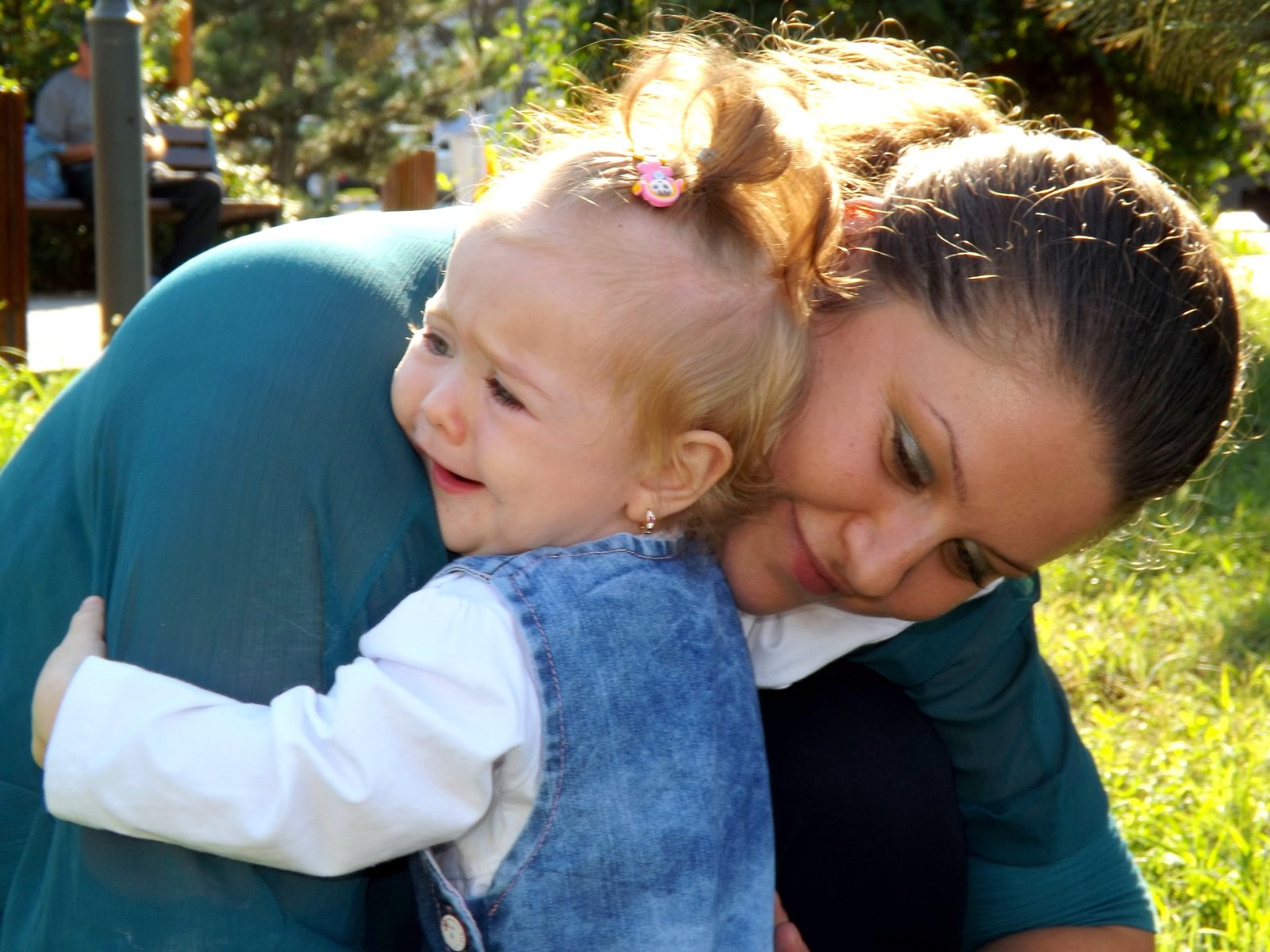Colic and Coping with It

Colic is a term that is used to describe the situation where you have a perfectly healthy baby who cries uncontrollably for extended periods of time.
Colic is a common condition in many newborn babies wherein the babies cry for long periods of time (3-5 hours without stopping, more than 3 times a week for over a month) and frequently. It can be a very stressful time for parents of colicky babies and although it won’t cause your baby any long term health problems it can also be a very distressing time for your baby too.
It is usually in the first two to three weeks that a baby will get colic and while it is common for colic babies to cry when there is something unsettling them such as hunger or wet nappies. Babies with colic will cry excessively and often at the same time each day or evening. The fact that they are unable to be consoled makes it difficult for parents to handle.
First and foremost parents and caregivers of newborn babies that cry need to distinguish the reasons for the baby crying and establishing whether it is crying due to colic pain, which can be simple or severe. Secondly, they need to understand that colic is common and is not a disorder.
Although there is no absolute cure for colic, there are various techniques and colic remedies that have proven effective in calming crying infants and giving parents of newborns the rest they need. Fortunately colic tends to start getting better from a month to a month and a half. Within a couple of months the crying periods will tend to decrease and most babies are past that stage in their life before 6 months.
While this is quite a long time for most parents to endure at least you can get some comfort knowing that every day you are one day closer to it stopping.
You should always get your doctor to give your child a thorough checkup to see that it is actually colic and nothing else that needs attention.
It is times like these that you need to get a little time out, where possible, to maintain your sanity and accepting any offers of assistance is a wise move. Getting short naps during the day will also help you to cope better with your baby.
The best you can do is offer your baby all the comforting that you can give and hope that you will have a child that gets over these episodes sooner rather than later.








Leave a Reply
Want to join the discussion?Feel free to contribute!